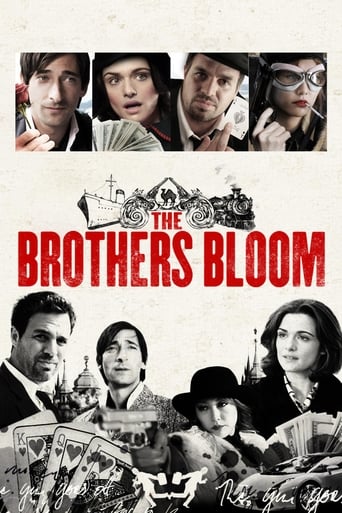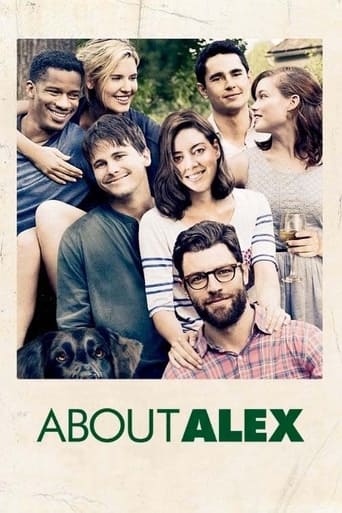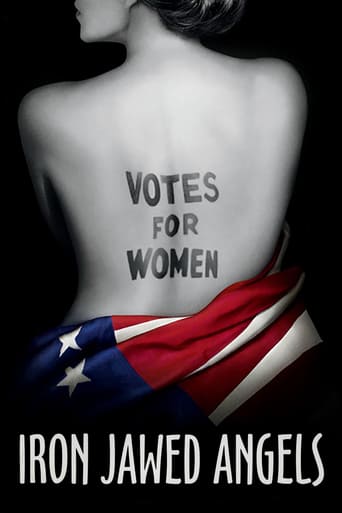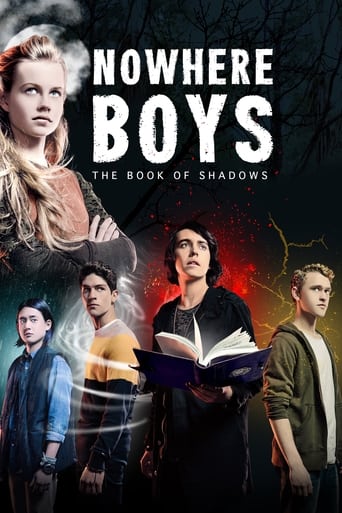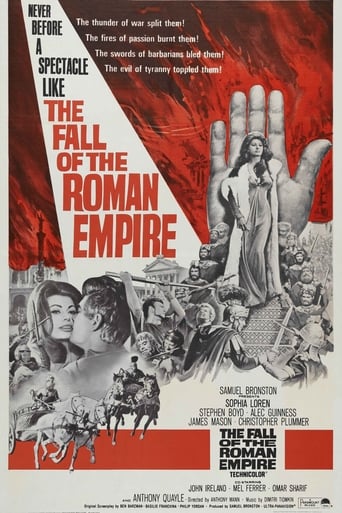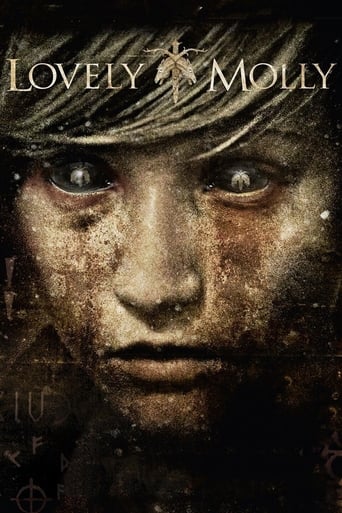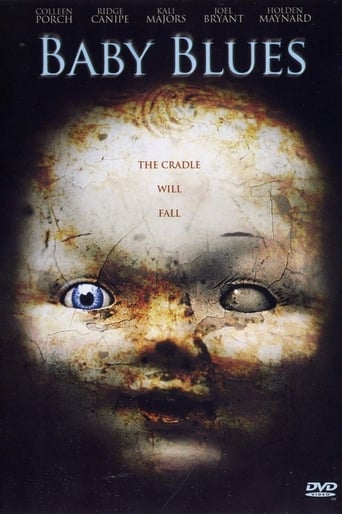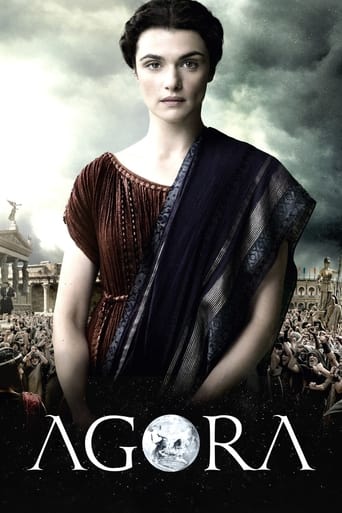


Agora
A historical drama set in Roman Egypt, concerning philosopher Hypatia of Alexandria and her relationship with her slave Davus, who is torn between his love for her and the possibility of gaining his freedom by joining the rising tide of Christianity.
-
- Cast:
- Rachel Weisz , Max Minghella , Oscar Isaac , Ashraf Barhom , Michael Lonsdale , Rupert Evans , Homayoun Ershadi


Similar titles

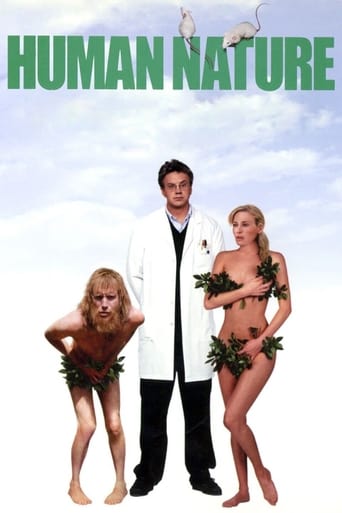
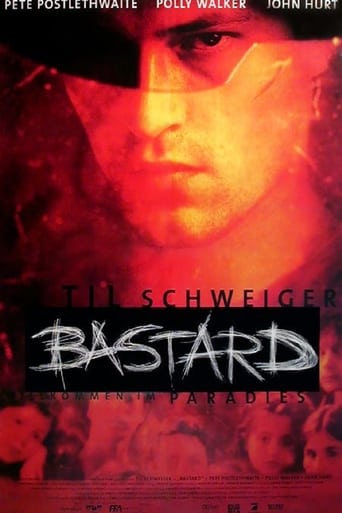
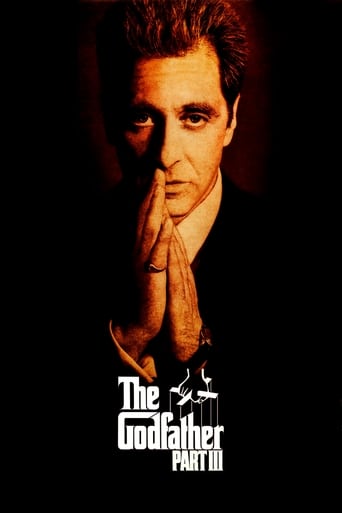




Reviews
Really Surprised!
Let's be realistic.
It's the kind of movie you'll want to see a second time with someone who hasn't seen it yet, to remember what it was like to watch it for the first time.
Let me be very fair here, this is not the best movie in my opinion. But, this movie is fun, it has purpose and is very enjoyable to watch.
This average good movie holds something important. Now, why average good? Compare it to the 400 Blows, Apu Trilogy, Tokyo story and such others, there is a margin for best upto AgoraBut wondering what makes it special, I was displayed with two important aspects. The life of a Scientific Brain and the religious turmoil. If one thinks over it, the director made an absolute blend of Hypatia and people. Whereas one feels astound on her realization of the case of a perfect figure, the balanced figure circle itself being a special case of ellipse which can be realised through a cone as a conic section, at the same time we are visualised over how all kind of religious folks corrupt and misuse the simple and guiding principles. It doesn't take a moment or the beautiful idea to be moulded in the cruel and hampering thought just for personal ego satisfaction. One can justify anything everything and there will always be statements that will shut our mouth of logic for the logicality of those statements.Intentionally or unintentionally, the blend got great and significant.
A most excellent film, giving it 5 stars plus. Rachel Weisz is luminous as the heroine of the movie as Hypatia. All of the other actors were equally outstanding. For me, a glimpse of the Alexandria of old was exquisitely brought to life. The history which this movie encompassed is bittersweet led by persons fueled by blind adherence to religious and fundamental beliefs which curtailed independent thought and inquiry, thrusting mankind into the Dark Ages until the Rennaisance. I've seen this movie more than 3-4 times now, and it still continues to inspire deep respect for those "thinkers" of classical antiquity. My hat's off to Alejandro Aménabar for bringing us this truthful chapter so that, as Carl Sagan so aptly put it, "we may NOT let it happen again."
Where does one begin to take to task this fictional diatribe against Christians and the early Imperial Church. Alexandria was known to be a city that often was embroiled in heated riots that cost lives even before the Common Era and the advent of the Church. The film portrays the Christian church of the period to be violently intolerant and zealously misogynistic in their religious zeal and ensconced in superstition. The events in the film never happened. In 48 BCE, it was Julius Caesar (a pagan) who invaded Egypt and destroyed part of the Alexandrian library in his war against Pompey. Strabo, a pagan historian, who died around 23 CE, spoke of the main library as a thing of the past. What was left of this main library was probably destroyed in Aurelius' wars of Imperial unification when the Great Museum to which the main library was adjunct in 272 CE. By 391 CE, the library was not in existence. Yet, many post 18th century scholars and historians state that Christians destroyed the temple under the direction of Bishop Theophilus' in 391 CE confusing clashes between pagans and Christians as part and parcel of the main library's destruction. This is a clear untruth and what is sad it is a deliberate one at that.However, in 391 CE, the Serapeum was destroyed. Christians were captured and murdered in the temple of this secondary library by pagans. Since the murdered Christians were to be considered martyrs there was a call for restraint so as not to taint their sacrifice so there was no riot or clash. The Emperor Theodosius ordered the complex to be demolished while letting the murderers go free. The Christians were allowed under Roman governmental oversight to participate in the dismantling of the temple but no other structures were harmed. Additional damage to the building itself probably took place in 7th century by Muslim invaders. However, there was no burning of the library's collection by Christians. Both a goodly number of Christian and pagan accounts of that day exist and there is not one mention of such a burning of the library's collection. Even Eunapius of Sardi who had no great love for Christianity makes no such claim and there are even hints that by this time the secondary library had no collection. Pagan historian, Ammianus Marcellinus, describes the Serapeum as being no longer a library just a few years before its destruction. There is not one written source before the 18th century that has claimed that Christians were responsible for either the collection's destruction for either the main or secondary library nor is there any other evidence proving such. The idea that Christians and the Church were responsible for destroying the Library(ies) of Alexandria in 391 CE is a fiction made up by English historian Edward Gibbon in the 18th century.As to the murder of the brilliant Platonic philosopher, trained scientist, and author of mathematical commentaries, Hypatia. While a woman of note, there is no record of her making any important contributions to her fields of expertise. Just as the recent Cosmos series totally mislead its viewership concerning Giardano Bruno, this movie (and so many others) have created a fictional heroine to dovetail with the fictional history of banal, anti-intellectual Christians on a murderous rampage against pagans especially one pagan woman. Hypatia, who was sixty at the time, was indeed murdered and dismembered, by a Christian fraternity founded to help the poor. She was killed not because she was a woman (female intellectuals were not uncommon in Eastern Empire in either pagan or Christian circles) or a philosopher/scientist (this class of people in Alexandria included both pagans, Jews, and Christians and there was no Christian prejudice against science or philosophy). Hypatia was not perceived as an enemy of the Christian faith and counted many of the educated Christians of Alexandria as her friends, many of whom were students. The Christian historian Socrates, who admired her, states that she was killed because she embroiled herself in a political war between the Imperial prefect and the city's patriarch and it was the denizens of the city's slums that took matters into their own hands without any Church approval (even though the movie lays the blame at the feet of St. Cyril of Alexandria) and was more about her social class and standing and belonging to the wrong side of a political war where this murderous mob was concerned. While the higher, educated classes participated in each other's lives no matter their religious and philosophical differences, the lower classes before and after Christianity's advent were tribal and violent. These Christian lower-class denizens could be rightly compared to Europe's soccer hooligans and the cross was simply one more banner to wave. Such is the truth while the movie and its attempt to paint the Christian Church as a violent, banal, intolerant, and misogynistic community is anti-Christian propaganda and a deliberate lie.
Firstly, I will say that the cinematography of this movie was beautiful. It's a shame that more viewers did not get to see it on the big screen in a cinema because here I'm sure it would have been even better. I first stumbled across this hidden gem on Netflix. I had never heard of the movie or heard of Hypatia but enjoy period movies so I decided to give this one watch. Its an unusual movie for the genre in that the lead is a woman and the casting of the primary male characters were all from virtual unknowns. Having said that, I thought all the acting was top notch across the board. The story is set in forth century Alexandria in a period of great religious change in the city. While at first glance the story seems to be about Hypatia, a philosopher and scientific pioneer, the story is rather seen through the eyes of her young slave Davus, who is played by Max Minghella. I had seen him play in the Social Network prior to watching this and here he was a revelation. His near mute performance is delivered primarily through looks, expressions and body language. Some of the scenes he shares with Rachel are stunning and very touching. The first act delivers strongly, but as the second act unfolds, the main characters seem to get lost in the the up swelling of religious upheaval. Part of the problem is the script here seems to relegate the interesting characters of Davus and Ammonius to spectators while Hypatia studies and the very one dimensional Cyril plots. Oscar Isaac as Orestes was very good in the second half. A powerful scene with his childhood friend Synesius is a strong one. The final section of the movie is completed by a beautifully passionate, violent but heart wrenching scene featuring the leads which is excellently performed. Aside from the scripting problems and some painful lines at times this movie could have been even better. I would class it as a very strong movie with excellent acting, beautiful visuals portraying a very interesting time in history. While many Christians will think of this as anti Christian, I think the overall impression I was left with was the moral of anti fundamentalism. Neither Christians, or Jews or Pagans were sold as good in this movie. All groups committed atrocities which parallel the tensions in our world. Overall worth a view on Netflix at least. 9/10.


